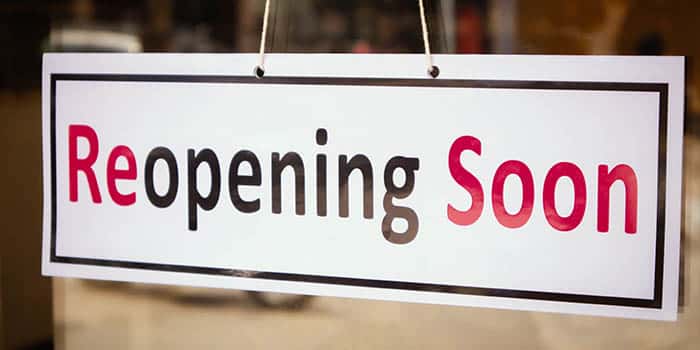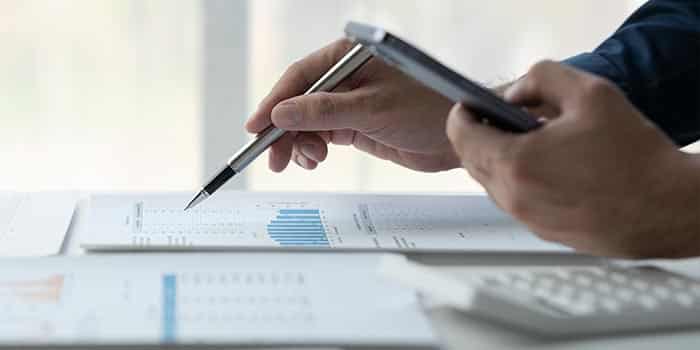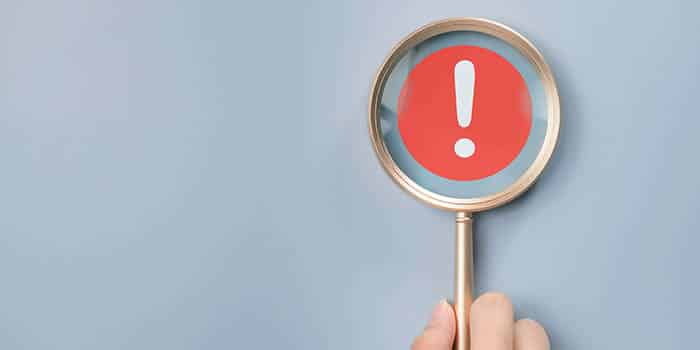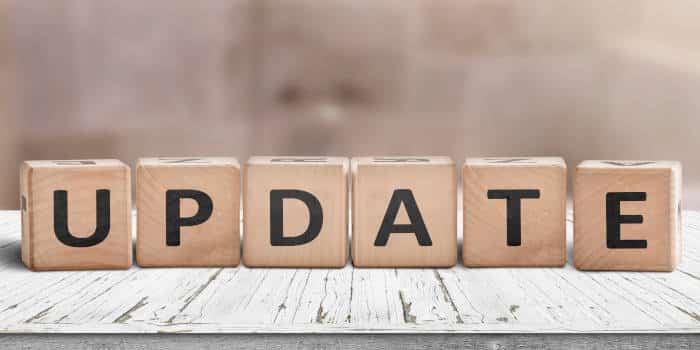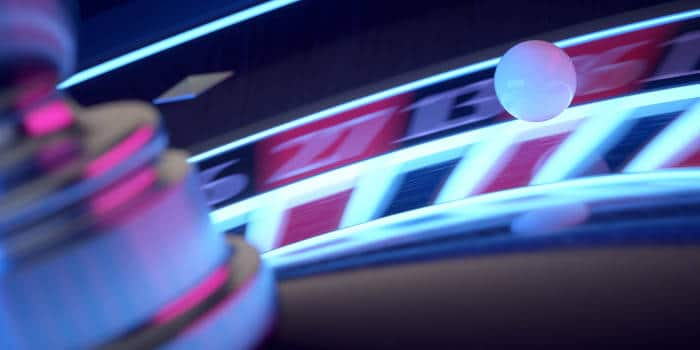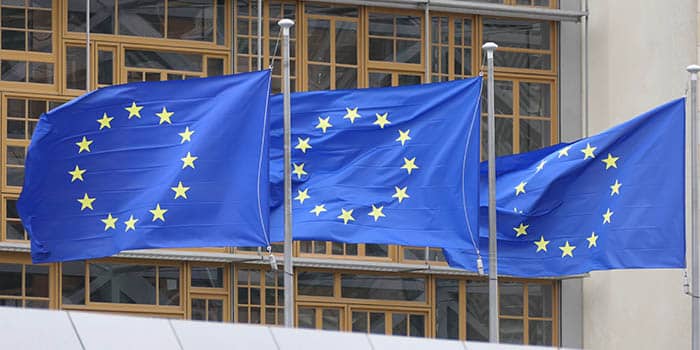- Casino
- By State
- Alabama
- Alaska
- Arizona
- Arkansas
- California
- Colorado
- Connecticut
- Delaware
- Georgia
- Florida
- Hawaii
- Idaho
- Illinois
- Indiana
- Iowa
- Kansas
- Kentucky
- Louisiana
- Maine
- Massachusetts
- Maryland
- Michigan
- Minnesota
- Mississippi
- Missouri
- Montana
- Nebraska
- Nevada
- New Hampshire
- New Jersey
- New Mexico
- New York
- North Carolina
- North Dakota
- Ohio
- Oklahoma
- Oregon
- Pennsylvania
- Rhode Island
- South Carolina
- South Dakota
- Tennessee
- Texas
- Utah
- Vermont
- Virginia
- Washington
- West Virginia
- Wisconsin
- Wyoming
- By State
- Slots
- Poker
- Sports
- Esports
Netherlands: Self-Exclusion Registration Temporarily Down

The national self-exclusion system in the Netherlands temporarily stopped part of its operations, the Dutch gambling regulator, Kansspelautoriteit (KSA), revealed.
Cruks Temporarily Halts New Registrations Due to DigiD Error
The KSA released a statement on Monday, September 26, 2022, informing that the Centraal Register Uitsluiting Kansspelen (Cruks), the country’s self-exclusion system, temporarily discontinued some of its operations. Due to a malfunction with a technology that facilitates online identification in the country called DigiD, Cruks temporarily stopped accepting new registrations.
“Due to a malfunction with DigiD, it is currently not possible to register in Cruks, to consult your registration or to change your registration,“
reads a statement released by the KSA
Besides registering new users, the technical issue also impacted changing of registrations or consultations. While the technical error impacted new registrations, the KSA explained that gambling operators in the country can continue conducting checks via Cruks.
“Gaming providers can, however, carry out Cruks checks,“
explains the KSA
According to the KSA, the cause of the malfunction is already identified. The regulator reaffirmed that it is currently working to find a solution and resume the possibility for users to register with Cruks. The technical issue is expected to be resolved by Wednesday, September 28, 11 AM, according to a statement released by the KSA.
The national self-exclusion program is used by gamblers that want to self-exclude, but it is also used by licensed Dutch operators. The current gambling laws require operators in the Netherlands to check if their users have signed up for Cruks. This requirement seeks to eliminate the chance of having a self-excluded individual gamble with licensed operators.
Number of Self-Excluded Users Continues to Grow
The national gambling self-exclusion register Cruks came into effect last year on October 1. The launch of the self-exclusion system coincided with the Remote Gambling Act introduced to regulate the legal online games of chance for Dutch users. Earlier this summer, Cruks hit a milestone moment by reaching 20,000 registered users.
Registering with Cruks enables gamblers to self-exclude from Dutch gambling sites, as well as brick-and-mortar casinos. The users that register can select a minimum self-exclusion period of 6 months, while the maximum self-exclusion period can be set for 99 years. While self-exclusion may be a convenient option for some gamblers, people affected by gambling harm may need further support. This is a prime reason why Cruks also offers involuntary exclusion from gambling. People affected by gambling harm can be registered involuntarily by one of their partners, family members, employer or friend. The involuntary exclusion can also be requested by a licensed online gambling operator.
Related Topics:
William Velichkov is a research-driven writer. His strengths lie in ensuring factual accuracy, vetting government documentation and reaching out to regulators and other officials. He is particularly fond of financial reporting, the sports betting industry, B2B partnerships and esports betting developments. William is a strong asset to the Gambling News team as he adds a bedrock to our reporting.
Previous Article

Casino
September 27, 2022
Buffalo Bills vs Baltimore Ravens NFL Week 4 Odds, Time, and Prediction

Must Read
Casino
July 8, 2025
WinStar Casino Shooting Suspect Still Missing
More Articles




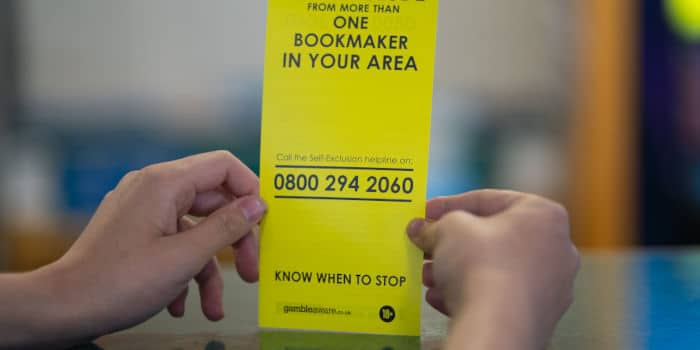
Industry
July 14, 2025
GambleAware Launches Milestone Self-Awareness App

Casino
July 14, 2025
Number of Canadian Travelers to the US Slumps Again
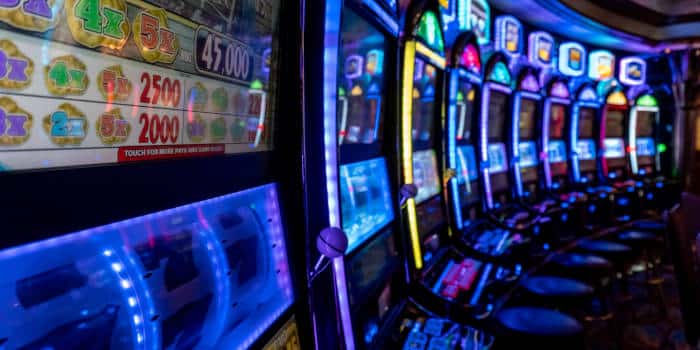
Casino
July 11, 2025
IGT Reveals Multiple Jackpots Throughout June
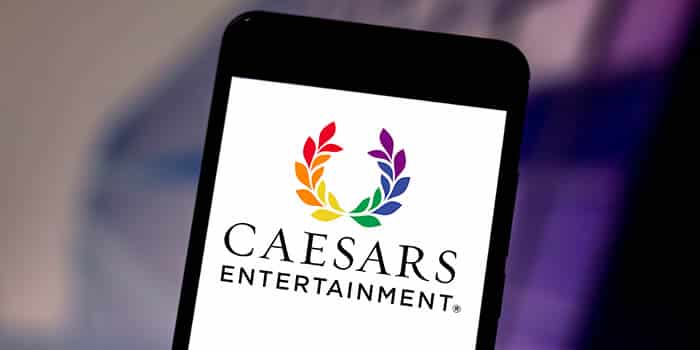
Casino
July 11, 2025
Caesars Introduces Digital Wallet in Nevada



